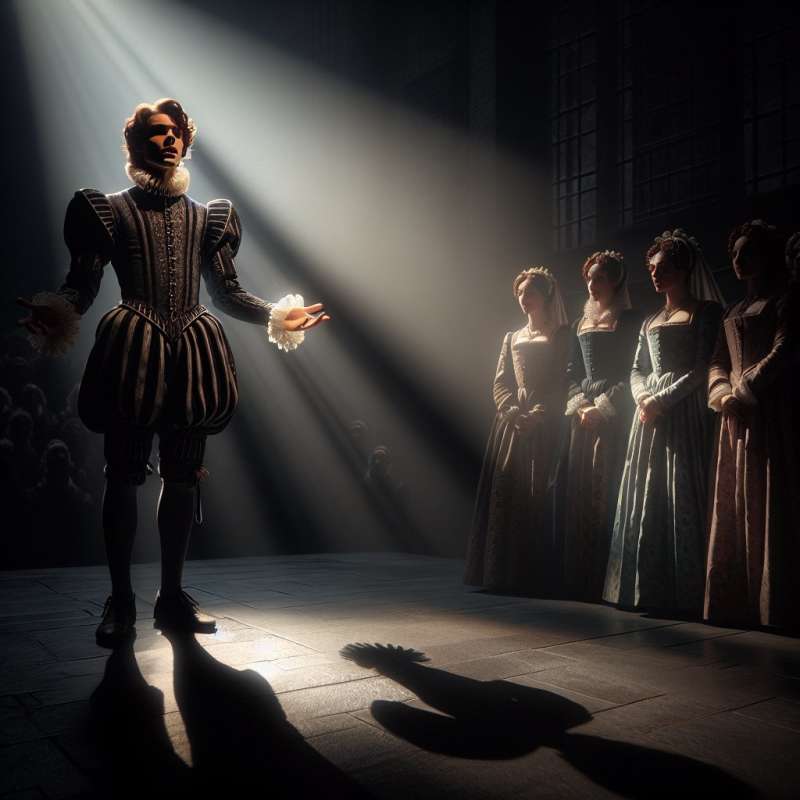
The Origins of Acting
Acting began over 2,500 years ago in ancient Greece, with Thespis being considered the first actor. He stepped away from the chorus to engage in dialogue, creating a new art form.
Stanislavski's System
Konstantin Stanislavski, a Russian actor and director, revolutionized acting in the 20th century. His system emphasized psychological realism, emotion memory, and the actor's inner motivation.
Method Acting Explained
Method acting, developed from Stanislavski's teachings, involves actors creating genuine emotions by drawing from personal experiences. Actors like Daniel Day-Lewis are famed for this immersive technique.
Non-Verbal Communication
Acting isn't just spoken words; it's physicality. The use of body language, gestures, and facial expressions can often convey a character's thoughts and feelings more effectively than dialogue.
Gender Roles in Theatre
In Shakespeare's time, women were prohibited from acting, and men played all roles. It wasn't until the 17th century that women began to appear on the English stage.
Acting in Film vs. Stage
Acting for film requires subtlety due to the camera's proximity, while stage actors project more, emphasizing voice and movement to reach the entire audience.
Improvisational Theatre
Improvisation demands actors to create dialogue and action spontaneously, often leading to innovative and compelling performances. It's a skill that hones an actor's creativity and adaptability.
Who is considered the first actor?
Aristotle
Thespis
Sophocles
Company